Mustard Seeds (Sarso)
₹59.00
- Seeds per packet – 500.
- Specialty – Hybrid.
- Difficulty Level – Easy to grow.
- Days to maturity – 120-125 days.
- Plant spacing – Med Tall Plant Height.Bold Grain.Oil Content = 40-42%
- Primary Branches (6) and Secondary Branches (18).
- Grain Size = 6.30 g/ 1000 grain.
- Light Requirement – Partial shade, filtered sunlight.
- Soil Requirement – Beans require well-drained, light, and nutrient-rich soil.
- Water Requirement – Requires regular water and moist soil conditions for optimal growth.
Description
Description
Mustard Seeds (Sarso)
Mustard Seeds (Sarso) emerged from our food ranking system as an excellent source of selenium, a nutrient that has been shown to help reduce the severity of asthma, decrease some of the symptoms of rheumatoid arthritis, and help prevent cancer.
Saro seeds (Brassica Napus) also known as Rape, Oilseed rape, Rapeseeds, and Canola are very widely cultivated throughout the world. Mustard seed is the third leading source of vegetable oil in the world after Soya bean oil and palm oil. It is the world’s second-leading source of protein meal after soybean meal. Mustard seed’s oil content varies from 33% to 46% and average oil recovery is around 32% to 38%. After oil extraction.
The remaining part of the seed is used to produce a rapeseed/mustard meal, an important source of cattle and poultry feed. It is basically a winter crop and it requires a temperate climate to prosper. The planting season or the sowing period in India is during the Rabi season, The harvesting period is from February to March. It needs the right proportion of rainfall during the sowing seasons of the crop.
How to Grow Mustard
It’s is a cool-season leaf crop. Sow mustard as early as 4 to 6 weeks before the average last frost date in spring. Sow succession crops every 4 to 6 weeks. Mustard requires 30 to 40 days to reach harvest. Plant crops so that they come to harvest before temperature average greater than 75°F (24°C). Sow mustard in autumn or early winter in mild winter regions.
It grows into an impressive-looking plant as well. Their health benefits are numerous; no cholesterol, low fat, high protein, calcium, phosphorus, magnesium, Vitamin B, and much more, so feel free to indulge.
It can be used in all its forms for cuisine, from the shoots, leaves, flowers, or seeds for a flavourful, healthy way to spice up a simple salad. It is also very easy to grow, so you can reap the benefits yourself, and have the satisfaction of growing your own food. Let’s take a look at the features of the mustard plant.
Site- Grow mustard in full sun or partial shade. Plant mustard in well-worked, well-drained soil rich in organic matter. Add aged compost to planting beds before planting. Mustard prefers a soil pH of 5.5 to 6.8.
Planting Time- Sow mustard as early as 4 to 6 weeks before the average last frost date in spring. Sow succession crops every 4 to 6 weeks and Mustard requires 30 to 40 days to reach harvest. Plant crops so that they come to harvest before temperature average greater than 75°F (24°C). Sow mustard in autumn or early winter in mild winter regions. Because seeds may be slow to germinate if the soil is too coo, 40°F (4.4°C) or less. But mustard grown in hot weather or long days will bolt and go to seed.
Planting and Spacing- Sow mustard seed ½ inch (12mm) deep. Because when seedlings are large enough to handle thin them from 4 to 8 inches (10-20cm) apart; space rows 12 to 24 inches a(30-61cm) part.
Health Benefits of Mustard Seeds
- Provide relief from headaches.
- Good for cardiovascular health.
- Good for skin.
- Prevent cancer.
- Strengthen bones, teeth, and gums.
- Prevents aging.
-
Good for digestive health.
Reviews (0)
You must be logged in to post a review.
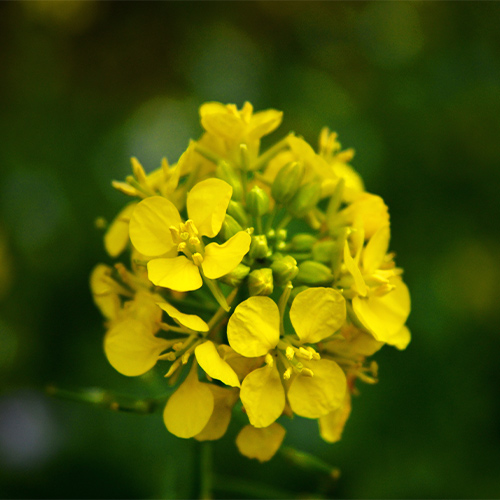
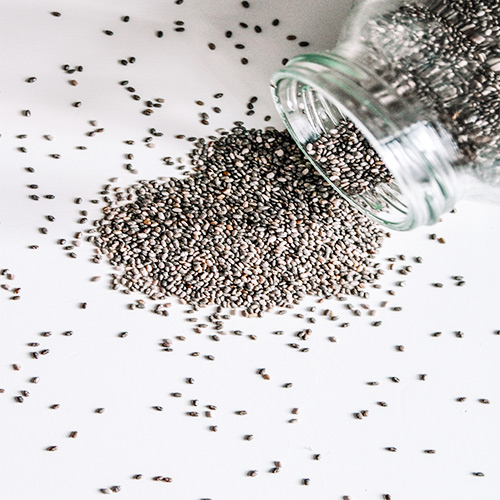
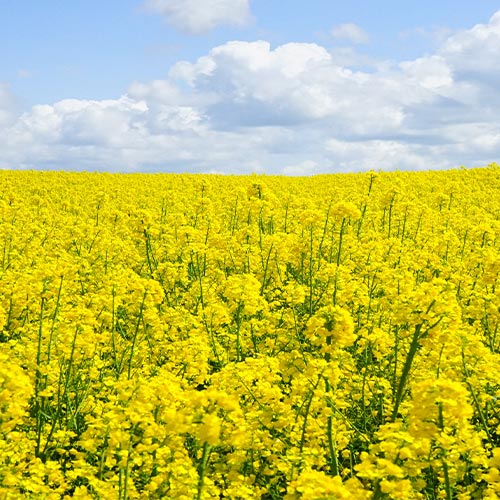
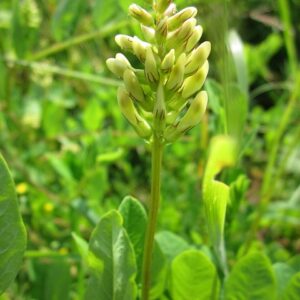
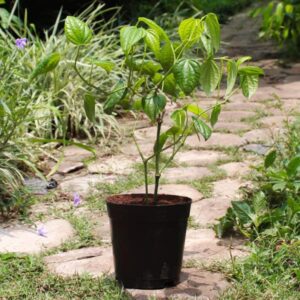
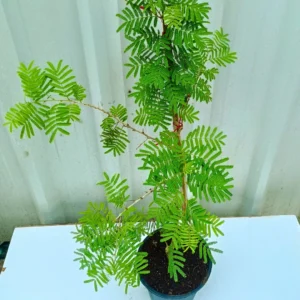
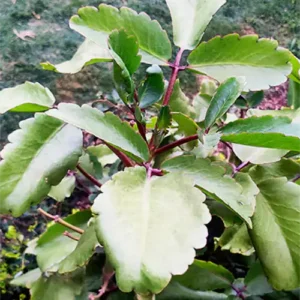
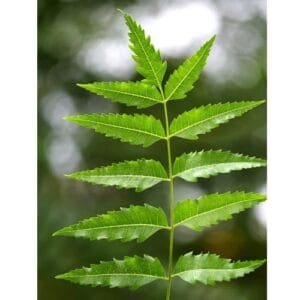
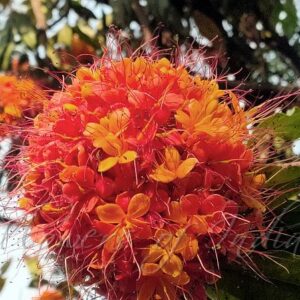
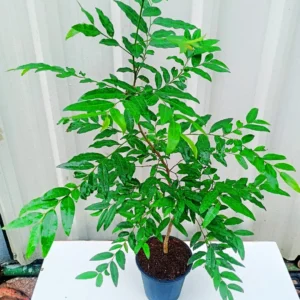
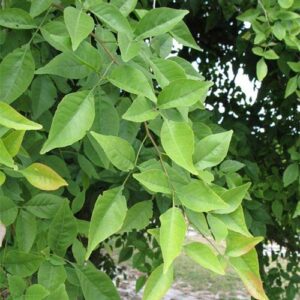
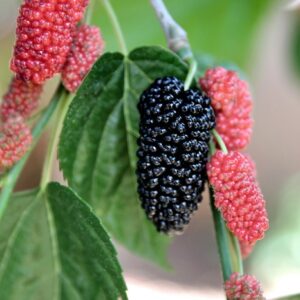
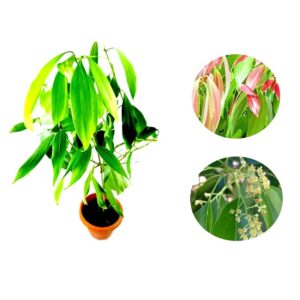
Reviews
There are no reviews yet.